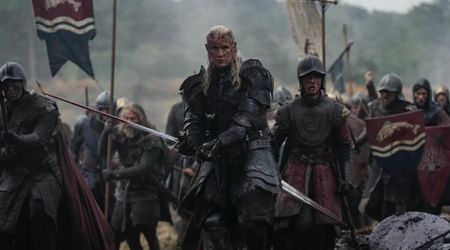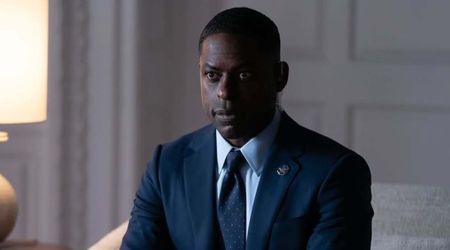Muhammad Ali: How the greatest boxer of all time fought racism alongside Martin Luther King and Malcolm X

Muhammad Ali, the greatest boxer that ever lived, was a highly influential figure during the Civil Rights Movement -- a heroic symbol that amalgamated the entire span of the revolution's ideological spectrum. Ali had the unusual ability to appeal simultaneously to diverse communities and organizations who otherwise agreed on very little politically.
In the words of activist Bob Moses, "Muhammad Ali galvanized the Civil Rights Movement."
His connections to the greats of the 1960s civil rights are well known, with almost every prominent leader having at one time or another defended Ali's decision to resist the Vietnam War.
Cassius X
In 1964, Ali converted to Islam and changed his name from Cassius Clay after becoming a part of the black nationalist movement with Malcolm X and the Nation of Islam (NOI). At the time, "The People's Champion" was just beginning to channel his fame after having won his first of three heavyweight world championships.
He was also desperately searching for an alternative spiritual path as a young, curious individual.
"Malcolm X was a great thinker and an even greater friend. I might never have become a Muslim if it hadn’t been for Malcolm," Ali wrote in his 2004 autobiography 'The Soul of a Butterfly'.
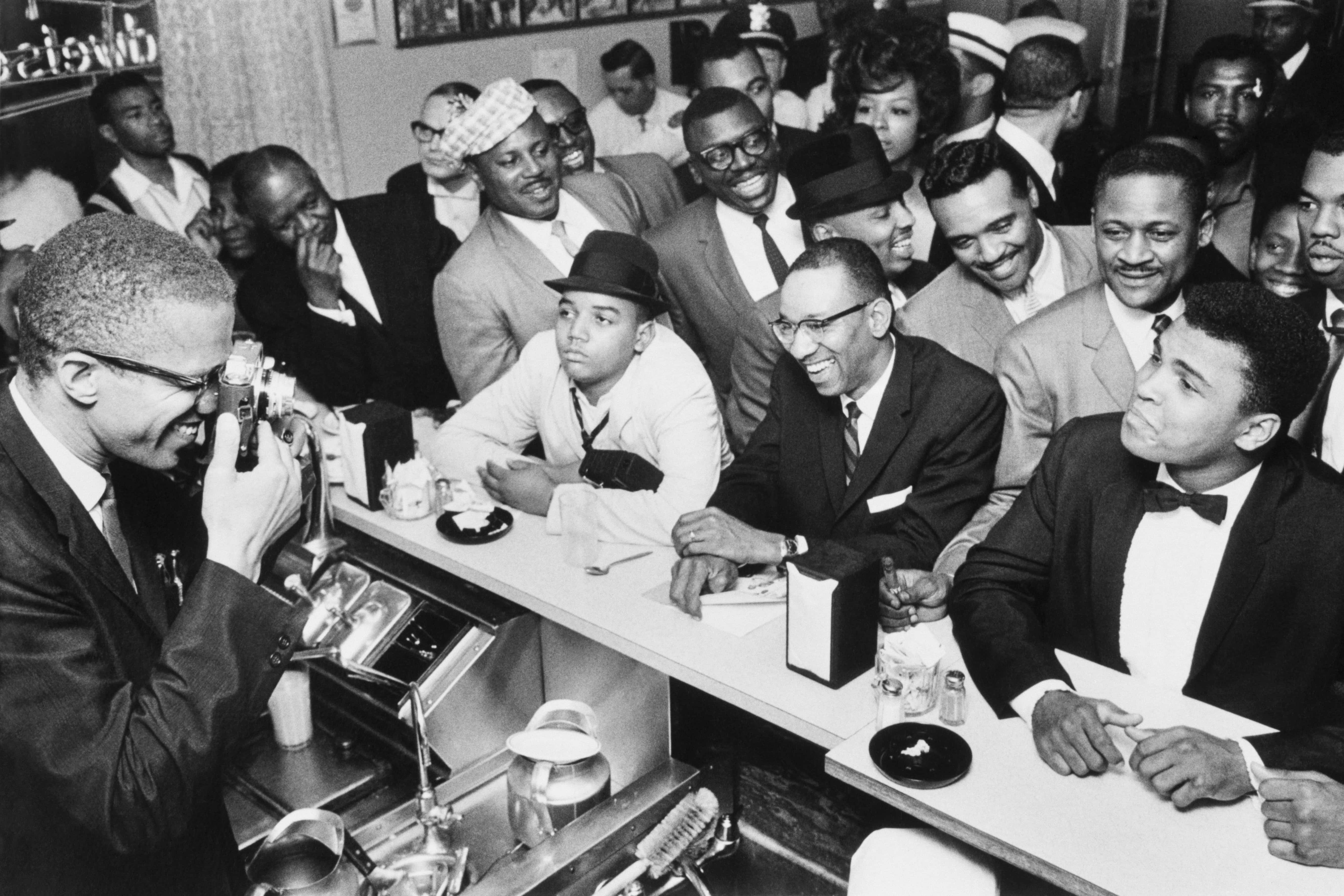
Ali quickly resonated with the teachings of the NOI after attending a meet in 1960, especially after being raised in the still-segregated South, where he was taught by his father to fear and distrust white people. However, he was also imbued with a natural curiosity about the world around him, which later lead to his eventual fallout with the controversial offshoot of Islam.
Nonetheless, Malcolm had a calming influence on the young fighter's roller-coaster life. After the two met in 1962, Malcolm gave Ali a grounding in his faith and a sense of where it could lead him.
“My first impression of Malcolm X was how could a black man talk about the government and white people and act so bold and not be shot at? How could he say these things? Only God must be protecting him,” Ali said at the time, adding Malcolm was unlike anyone he had ever met. “He was fearless. That really attracted me.”
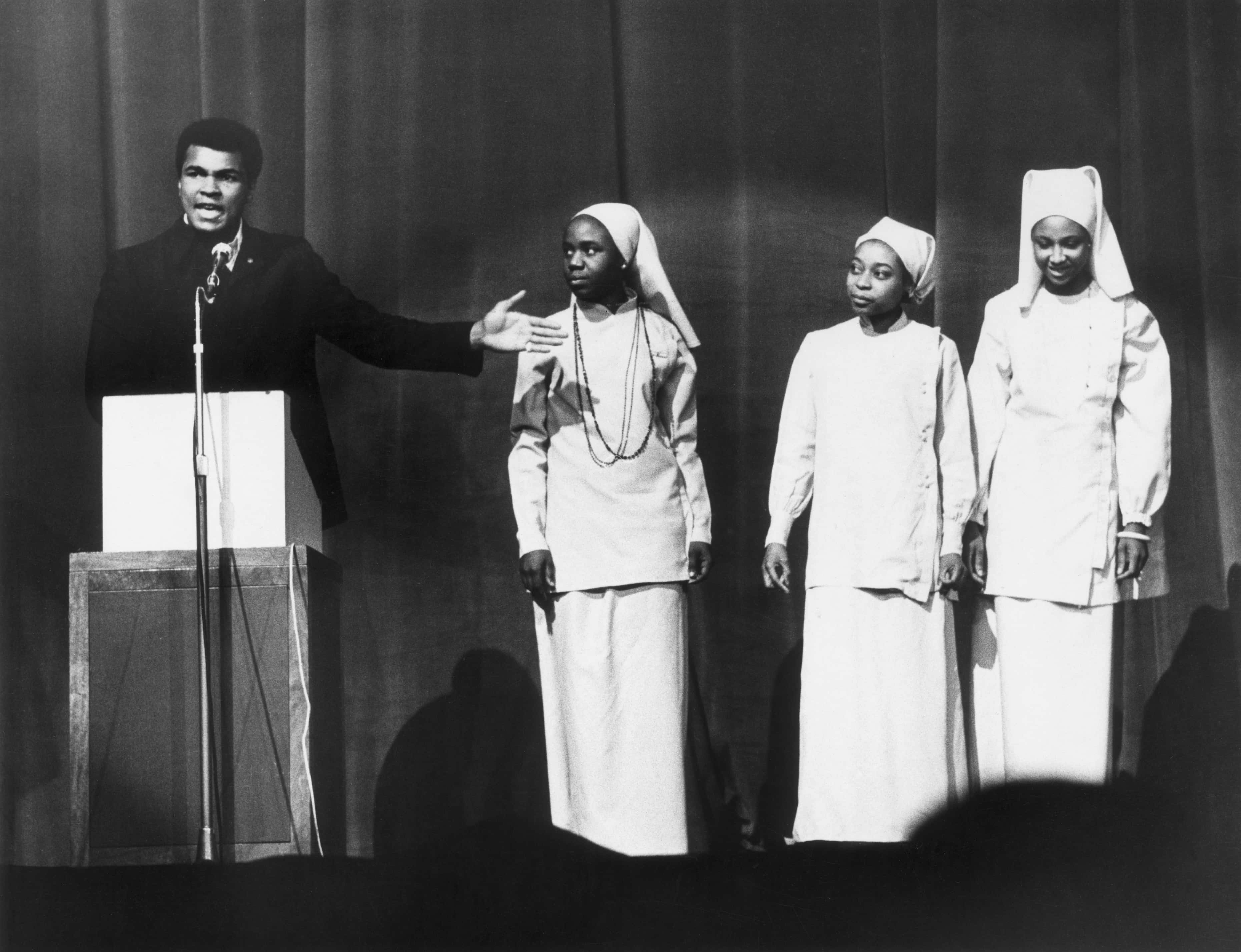
In time, Ali followed his mentor's example and eventually left the nation. He converted to Sunni Islam in 1975, before gravitating to the more mystical Sufi sect.
Ali would later come under pressure from the Nation of Islam and break with his longtime pal Malcolm -- despite agreeing on almost everything. However, their relationship had a lasting impact on the slugger, who spoke about his friend for years to come.
Malcolm X was assassinated on February 21, 1965.
Ali and King
During his time with the NOI, Ali fervently criticized Martin Luther King Jr's philosophy of racial integration and non-violent demonstrations. In fact, he doubled down when the public began judging his alignment with the controversial organization, which was considered way more radical than King’s Southern Christian Leadership Conference.
Ali openly condemned King's approach while discussing the integration of whites and African Americans in 1964. “Integration is wrong. White people don’t want it, the Muslims don’t want it. So what’s wrong with the Muslims? I’ve never been in jail. I’ve never been in court. I don’t join integration marches and I never hold a sign,” he said.
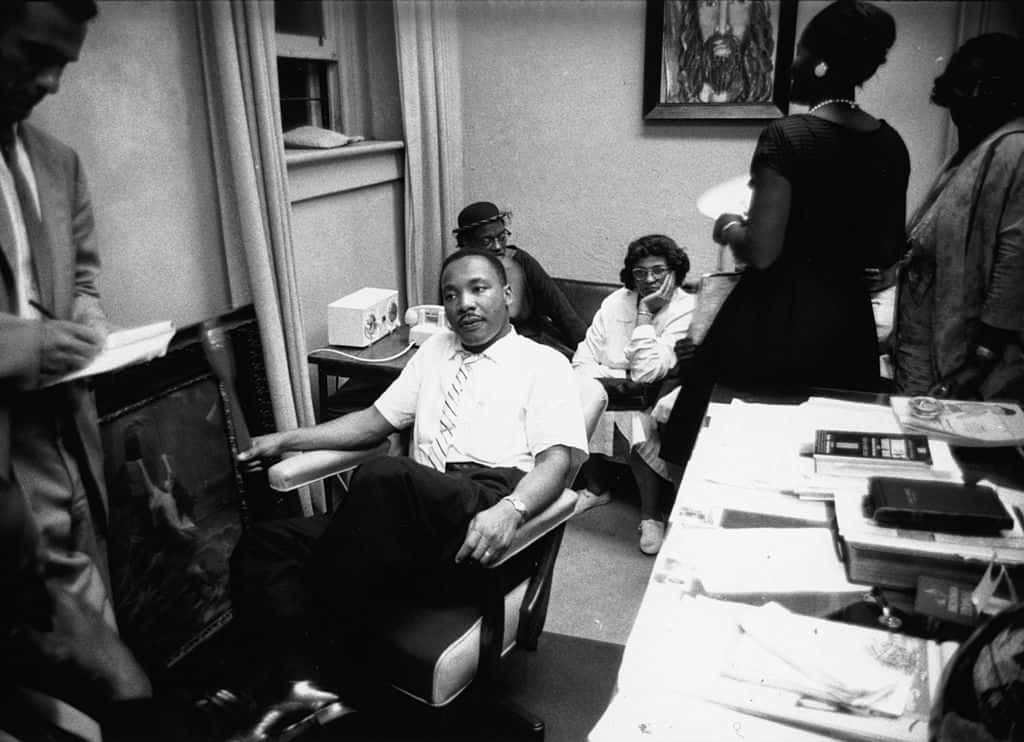
But the tables quickly turned when Ali refused to be conscripted into the military in 1966 as a conscientious objector to the war in Vietnam. King supported Ali's stance, which eventually cost him his boxing titles, a conviction, followed by a ban from boxing altogether.
Ali asked, "Why should they ask me to put on a uniform and go 10,000 miles from home and drop bombs and bullets on Brown people in Vietnam while so-called Negro people in Louisville are treated like dogs and denied simple human rights? So I’ll go to jail, so what? We’ve been in jail for 400 years."
King was vocal in his support of Ali after he decided to refuse the military draft. “No matter what you think of Mr. Muhammad Ali’s religion, you certainly have to admire his courage," he told parishioners at the time.
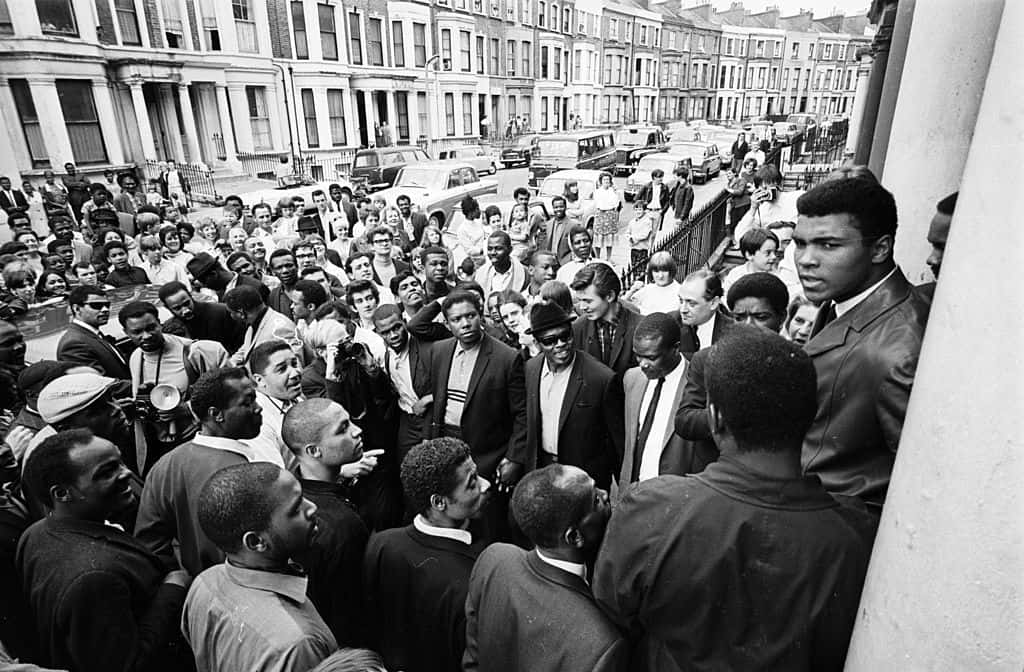
The formidable duo went on to share a close friendship after the event, with Ali publicly supporting King’s public housing initiative in Louisville, Kentucky (Ali's hometown). During the rally, the renowned fighter said, “In your struggle for freedom, justice, and equality I am with you. I came to Louisville because I could not remain silent while my own people, many I grew up with, many I went to school with, many my blood relatives, were being beaten, stomped and kicked in the streets simply because they want freedom, and justice and equality in housing.”
When Ali and King later spoke to reporters of their religious differences and the controversial draft, the former stated they were "still brothers."
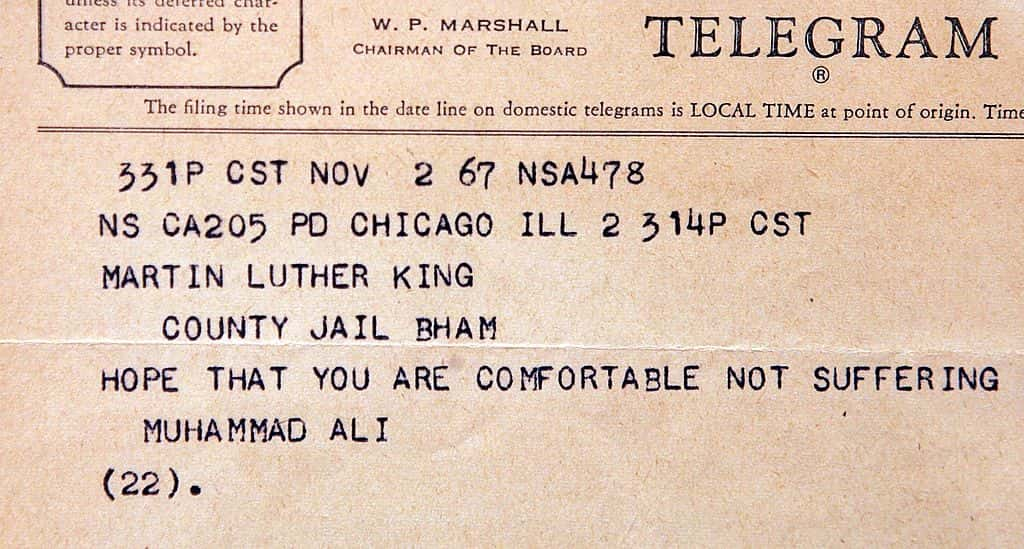
What's more? Their renegade movement drew the attention of the FBI and the NSA, who wiretapped both Ali and King as part of a counterintelligence program. Ali later appealed to the US Supreme Court and had his draft conviction overturned in 1971. His license to box was also reinstated shortly after, but King did not live to witness his friend enter the ring once again.
Martin Luther King Jr was assassinated on April 4, 1968.
'What’s My Name: Muhammad Ali' encompasses the larger-than-life character of boxing legend Muhammad Ali. The film, produced by LeBron James and Maverick Carter’s SpringHill Entertainment, is directed by Antoine Fuqua and debuts on May 14 at 8 pm on HBO.



